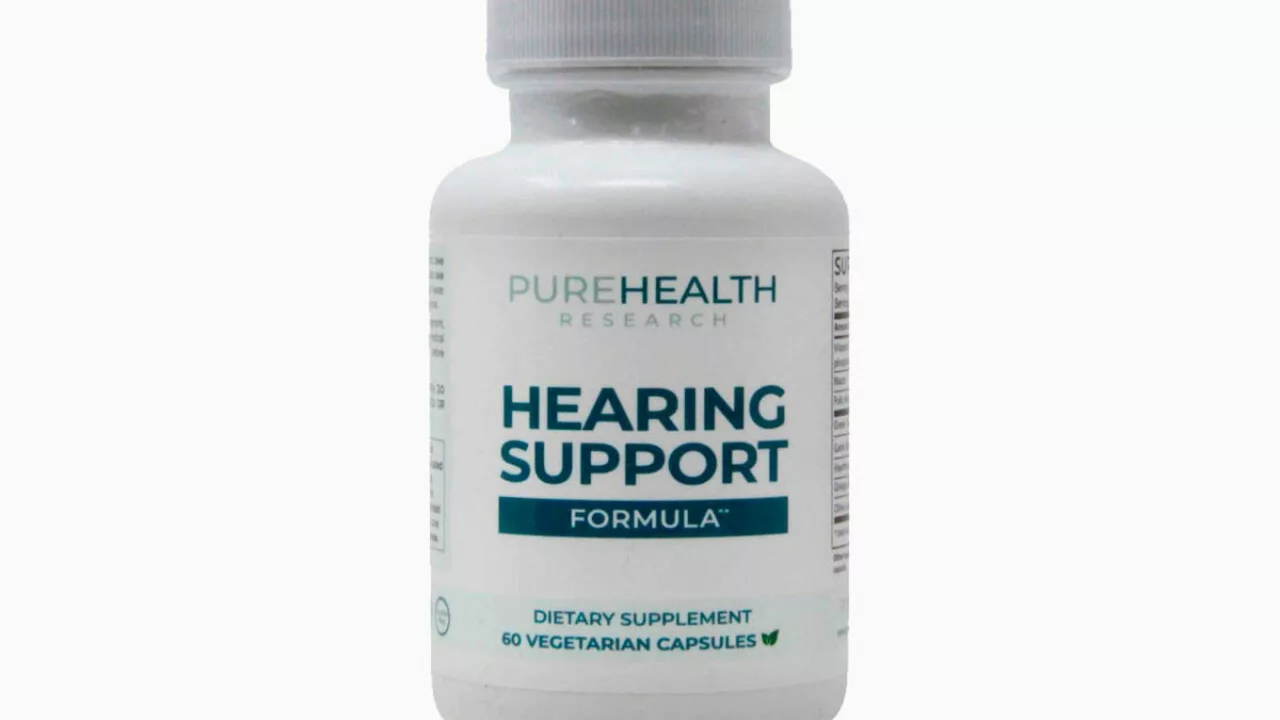Dietary Supplements: What You Need to Know
Thinking about adding dietary supplements to your routine? You're not alone. Supplements can boost your health, fill nutritional gaps, and support your body in ways food alone might not. But before you pick up a bottle, it’s smart to know the real deal about what supplements do and how to use them safely.
First off, dietary supplements come in all shapes and forms—vitamins, minerals, herbs, amino acids, and more. They’re designed to add nutrients that might be missing from your diet or to support specific health goals like immune boost or muscle growth. But here’s the thing: not all supplements are created equal, and not all benefits touted on labels pan out the same for everyone.
Choosing The Right Supplements For You
So how do you pick the right one? Start by thinking about what your body really needs. Are you low on vitamin D because you don’t get much sun? Or maybe you want extra omega-3s for heart health? Look for products with clear labels, trusted brands, and ideally some third-party testing to back up their quality. Avoid ones making wild health claims or promising miracle results—if it sounds too good to be true, it probably is.
Always chat with a healthcare provider before starting anything new. They can help you avoid dangerous interactions with medications or conditions, plus fine-tune your choices based on your health history. For example, some supplements can affect blood pressure or blood sugar, so you want to be cautious there.
How To Use Supplements Effectively and Safely
When you start taking supplements, keep an eye on how you feel. Remember, more isn’t always better. Taking mega doses thinking it speeds up benefits could backfire and cause side effects. Stick to recommended doses and timing, and don’t replace balanced meals with supplements—they’re helpers, not substitutes.
Also, be patient. Supplements can take weeks, sometimes months, to show effects. If you don’t notice benefits after a reasonable time, check in with your doctor to reassess. It’s all about smart, steady steps toward better health.
In short, dietary supplements can be a helpful part of your health toolkit when chosen wisely and used properly. Keep informed, stay cautious, and tune into your body. That way, you make supplements work for you—not the other way around.
Thinking about trying sundew as a dietary supplement? This guide lays out what sundew is, what sets it apart, and why it's turning up in health circles these days. You’ll learn about its background, how people use it, what health benefits are actually backed up, and how to get the most out of it safely. Whether you’re curious or serious about adding sundew to your routine, this guide gives you no-nonsense tips and facts. Expect science-backed info and a few surprising details to help you out.
In my recent discovery, I came across the New Jersey Tea, a miracle dietary supplement that's been a game changer for many. This powerhouse plant does not just boost your energy, but it also strengthens your immune system, among other benefits. The New Jersey Tea has indeed proven to be more than just a tea, but a holistic supplement, a natural way to keep your body in optimal shape. I was amazed by its versatility and the wide range of health benefits it offers. I can't wait to incorporate this wonderful supplement into my daily routine and I recommend you to try it too!
As a health enthusiast, I've always been fascinated by the various benefits of oats and how they work wonders for our health. Oats are packed with essential nutrients, such as fiber, protein, and vitamins, which contribute to maintaining a healthy digestive system and heart health. Additionally, the beta-glucan found in oats helps regulate blood sugar levels and boosts our immune system. I've personally found that incorporating oats into my daily diet has improved my overall energy levels and well-being. In a nutshell, oats are a fantastic dietary supplement to support a healthy lifestyle.
Indole-3-Carbinol (I3C) is a dietary supplement that's been gaining popularity for its incredible health benefits. Derived from cruciferous vegetables like broccoli and cabbage, I3C has been shown to support hormone balance, boost immunity, and even help prevent certain types of cancer. As someone who's always looking for ways to improve my health, I'm thrilled to have found this natural supplement. I highly recommend giving I3C a try if you're looking to revolutionize your health and well-being. Trust me, your body will thank you!




